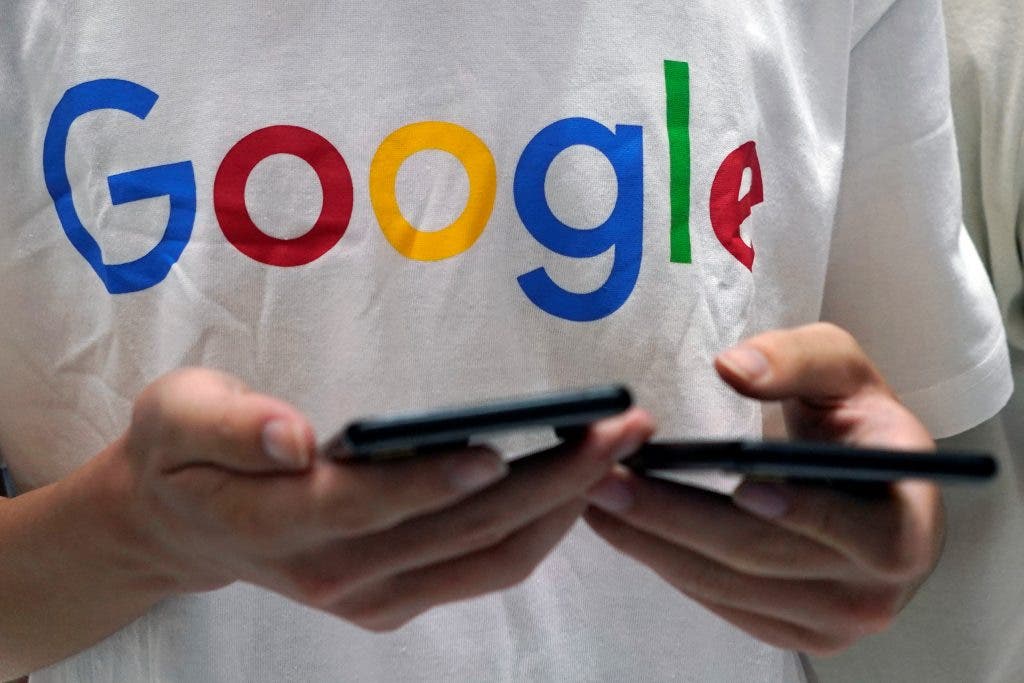According to leaked internal Google documents, the company has launched a 60-day strategy aimed at countering the EU’s new regulations for strict technology industry supervision. The specific method is to make its US “ally” boycott the EU’s internal market commissioner. The European Commission will announce a new regulation called the “Digital Services Act” (DSA) on December 2. It will then need to be coordinated with the proposals of EU countries and the European Parliament before it can become legislation.

American technology giants are fiercely lobbying against this Act. In fact, even some European technology companies believe that this will affect their business models.
The leaked documents state that Google’s strategy is to “eliminate unreasonable restrictions on our business model and our ability to improve products or launch new features/services from the European Commission’s proposal”.
The E.U. wants to reduce Google’s monopoly
Google said in response that the new regulations should take into account that the requirements of individuals and companies on technology companies are increasing, rather than decreasing. Karan Bhatia, the company’s vice president of global government affairs and public policy, said: “As we have clearly stated in our public and private communications, we are concerned that certain proposals in the bill will affect global technology companies. It is difficult to meet the increasing demands of European users and enterprises”.
The document recommends that Google’s US “allies” increase their resistance to Breton. They will contact the US government and embassy over this issue. For Google, the new regulations will threaten relations across the Atlantic. In addition, the document also proposes to take advantage of the potential concerns of the European Commission’s competition department. It is claiming that the “Digital Services Act” will threaten the authority of the department.
Another part of Google’s strategy is to clarify the costs that consumers and businesses need to bear. At the same time, the 18-page document also proposes to recruit EU countries and European online companies as “allies”.
For the European Union, a couple of companies like Google have too much power on the market. According to a recent investigation, Google has an absolute monopoly over the search engine market. The EU believes that it is wrong to own a market and also own a shop in the same market. Such a company will have an unfair advantage over its competitors.





